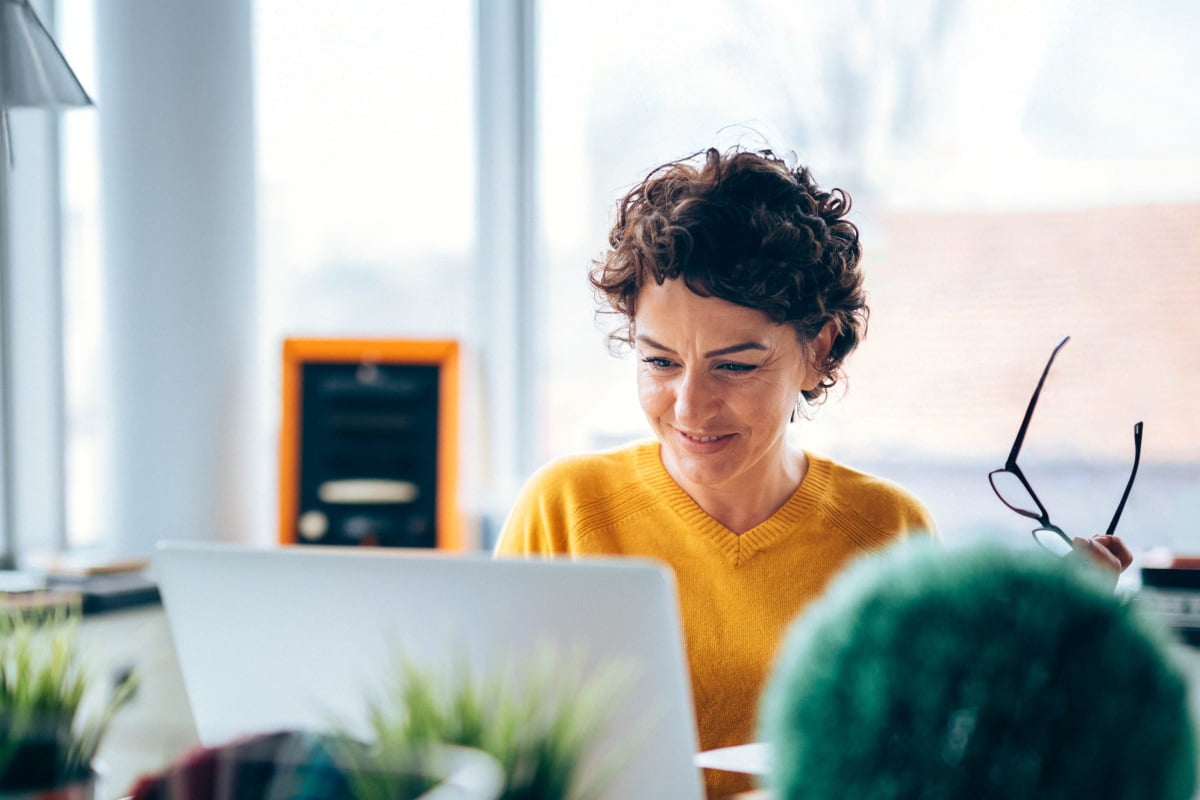These days, mindfulness meditation for beginners is a subject that gives rise to a great deal of confusion. With the rising popularity of meditation, it’s surprising to find that basic instruction is often overlooked. At almost every meditation group and retreat that I’ve attended, it was simply assumed that the attendees knew how to meditate.
If you don’t have the right instruction, it can take more time than necessary to figure out how to meditate properly. In this article, I’m going to take some of the mystery out of meditation for beginners, so you’ll learn much more quickly than I did, and start making immediate progress.
Why all the Confusion?
The main reason for the confusion is that there are so many different forms of meditation, and each one has different techniques. This makes meditation for beginners even more confusing because many people don’t realize that each form of meditation has a slightly different purpose.
When I finally did learn how to meditate, I realized that meditation for beginners didn’t have to be so complicated.
TIP: If you want to become proficient with meditation, pick one form of meditation and practice it diligently.
What I recommend to people just learning how to meditate is that they pick one form of meditation, and commit to learning it well and practice it diligently. This makes meditation for beginners much easier. If you start jumping from one form to another, you’re not going to make any progress. And if you don’t see any benefit from your efforts, then you’ll give up very quickly.
Meditation for Beginners Should be Clear and Simple
In this article, we’re going to focus on mindfulness meditation for beginners. The purpose is to give you a basic understanding of the techniques of this form of meditation, so you can see immediate progress. This will help you stay motivated and committed to your practice. You can find similar practices and instruction in Rethinkcare’s “Learn to Meditate” collection.
”Just as an athlete trains his body, a meditator trains his mind.”
Mindfulness meditation is a training of the mind.
Just as an athlete trains his body, a meditator trains his mind. The goal is to develop concentration and mindfulness. We do this by sitting quietly and observing our breath. How we observe it depends on whether we’re trying to develop concentration or mindfulness. Here are the guidelines I give to our students:
Meditation environment
Start by finding a quiet time and place where you won’t be disturbed for a few minutes. Pick a time when you’ll be awake and alert. Each person has a different preference; either morning, afternoon, or evening.
Sitting position
Sit in a comfortable chair without armrests (if you can); back straight, and feet flat on the floor. Keep your hands either cupped one inside the other just below the navel, or simply rest them on your thighs. The main purpose of your sitting position is to be comfortable and alert. I recommend that you do not lie down, as you’ll probably fall asleep.
Concentration
Gently close your eyes and begin observing your breath. Use the counting technique to help you develop your concentration. This will help keep your mind from wandering so easily. During your meditation, count your breaths 1 through 5 silently in your mind. When you get to 5, simply start over again. Keep your attention focused on the air passing through the tip of your nose. When a distraction arises, simply ignore it and immediately bring your attention back to your breath.
Mindfulness
After a few minutes of concentration meditation, switch to mindfulness meditation. Continue observing your breath. However, this time instead of counting each one, simply observe the entire breathing process mindfully. Observe it gently without forcing yourself. When distracting thoughts arise, gently bring your attention back to the breath.
I suggest you meditate regularly, such as daily or every other day. Begin with 5 minute sessions and build up to 10 and 20 if it fits your schedule, then increase them to half an hour or more. Regular practice is important for making steady progress.
The other two things I recommend for beginners are the goal statement exercise and writing meditation. These take only a few minutes to do, and yield tremendous results quickly. You can download them for free from the Resources section of our web site.
How Your Life Will Change Through Mindfulness Meditation
As you’ve probably already heard, meditation has many benefits. Every day, researchers find new ways in which mindfulness meditation will enrich your life:
- Lower stress – Things that used to make you anxious will no longer bother you. You’ll be much more peaceful and serene.
- Improved relationships – Your thinking and behavior will be more loving and compassionate. You will also be able listen better and use more loving speech.
- Better health – Since meditation improves your immune system, you’ll be more resilient to diseases. In addition, your healthier lifestyle will reduce unnecessary strain on your body. You will also save a lot of money on medical expenses.
- Better cognitive abilities – Both your memory and ability to think will improve significantly. You’ll feel much more alert. Imagine what this will do for your career.
- Greater creativity – Even if you’re not a creative person, you’ll be surprised at how talented you can be. You’ll learn to play a musical instrument, write a book, or any other talent you’ve always wanted to develop.
- Greater sense of purpose – With greater clarity and development of your talents, you will find out how you can make a difference in the world. Helping other people is one of the most rewarding activities I have found. It will enrich your life in countless ways.
- Greater sense of purpose – With greater clarity and development of your talents, you will find out how you can make a difference in the world. Helping other people is one of the most rewarding activities I have found. It will enrich your life in countless ways.
- Greater emotional stability – Your feelings won’t be hurt so easily, and people will no longer be able to push your buttons. Loneliness will be a thing of the past.
”People will no longer be able to push your buttons, and loneliness will be a thing of the past.”
Need Help Getting Started?
One more suggestion that I would make is that you get involved in a mindfulness meditation group. The group will provide you with the support and spiritual nourishment you need to grow, and help you stay motivated and committed to your practice. If you want to start a group with the RethinkCare app, you’ll find tools in our Success Toolkit, available to your company’s team Administrators.
Meditation for beginners doesn’t have to be complicated. If you follow these simple suggestions, I guarantee you’ll see immediate results.
I hope that these suggestions have taken away some of the mystery behind meditation for beginners, and that they lead to richer and more fulfilling lives for you and your loved ones.
Best wishes for success in your practice!
About the Author: This article was written by Charles Frances and edited and reprinted with the permission of our friends at The Mindfulness Meditation Institute. To learn more about their work, please visit www.mindfulnessmeditationinstitute.org.




